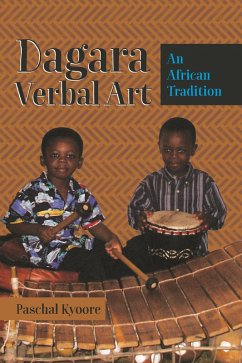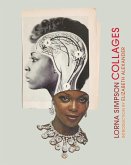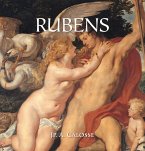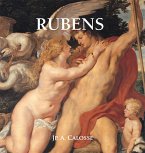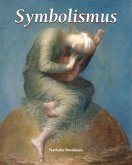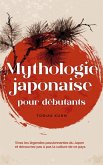Dagara Verbal Art examines verbal art among the Dagara people of West Africa. It provides invaluable primary material for research, and does a close analysis of folktale narration, proverb usage, riddling, chanting of dirges and popular songs by male and female praise singers, and xylophone music performance as forms of verbal art. Folktales are characterized by wit, humor, and satire, and songs within tales are a mise-en-abyme, a story within a story that entertains but also enhances the narration through the participation of the audience in the performance. Moreover, Dagara tales are didactic and moralizing as a way of controlling the behavior of individuals in society. Riddling entertains but also helps to develop the cognitive abilities of children, and demands critical and logical thinking on the part of the participating audience. Proverbs were collected in context and analyzed closely for their meaning. The study also examines closely the art of speech-making, and concludes that a good locutor knows what figures of speech to use in order to enhance communication with the audience. This study concludes that an authentic theory of Dagara-and for that matter, generally African-folklore must be grounded on a thorough knowledge of the traditions, rites and rituals, and the socio-political structures that have held the society together in its historical experience. Dagara Verbal Art is an important resource for areas such as African studies, African literature and folklore, folklore in general, anthropology, culture studies, ethnomusicology, ethnic studies, and gender studies, among others.
Dieser Download kann aus rechtlichen Gründen nur mit Rechnungsadresse in A, B, BG, CY, CZ, D, DK, EW, E, FIN, F, GR, HR, H, IRL, I, LT, L, LR, M, NL, PL, P, R, S, SLO, SK ausgeliefert werden.
«Dagara Verbal Art is a comprehensive presentation of Dagara folklore. In addition to analyzing and interpreting the folklore, it explores the relationships among various genres: how, for example, folktales relate to riddles and puzzles, how riddling precedes the telling of folktales, and how songs func-tion in the tales. A scholarly study that is readable, engaging, and peppered with interesting and memorable anecdotes, Da-gara Verbal Art is suitable for general readership and courses on folklore.»
(Joseph L. Mbele, Western Folklore, Volume 77, Number 1/2018)
(Joseph L. Mbele, Western Folklore, Volume 77, Number 1/2018)

